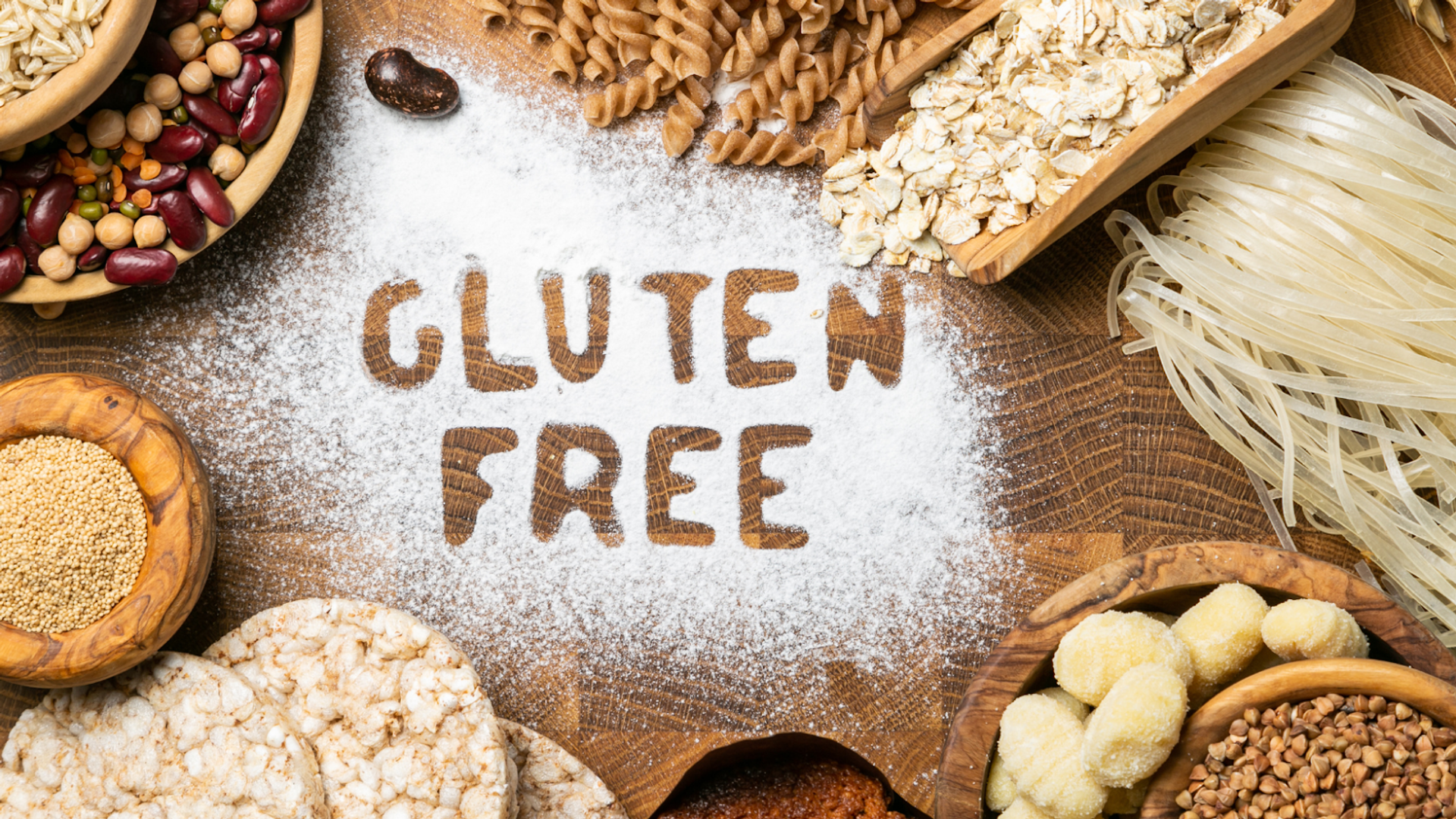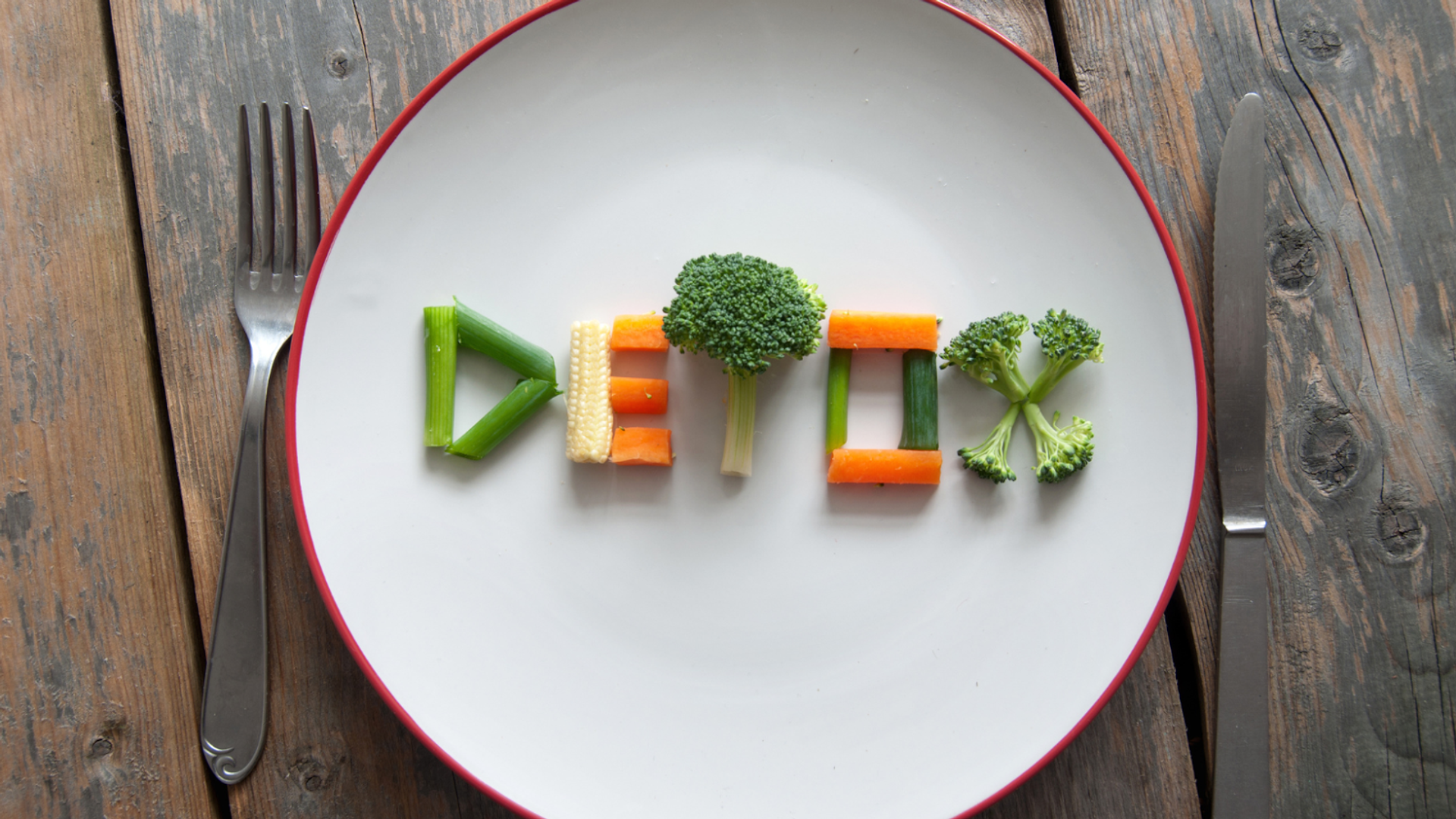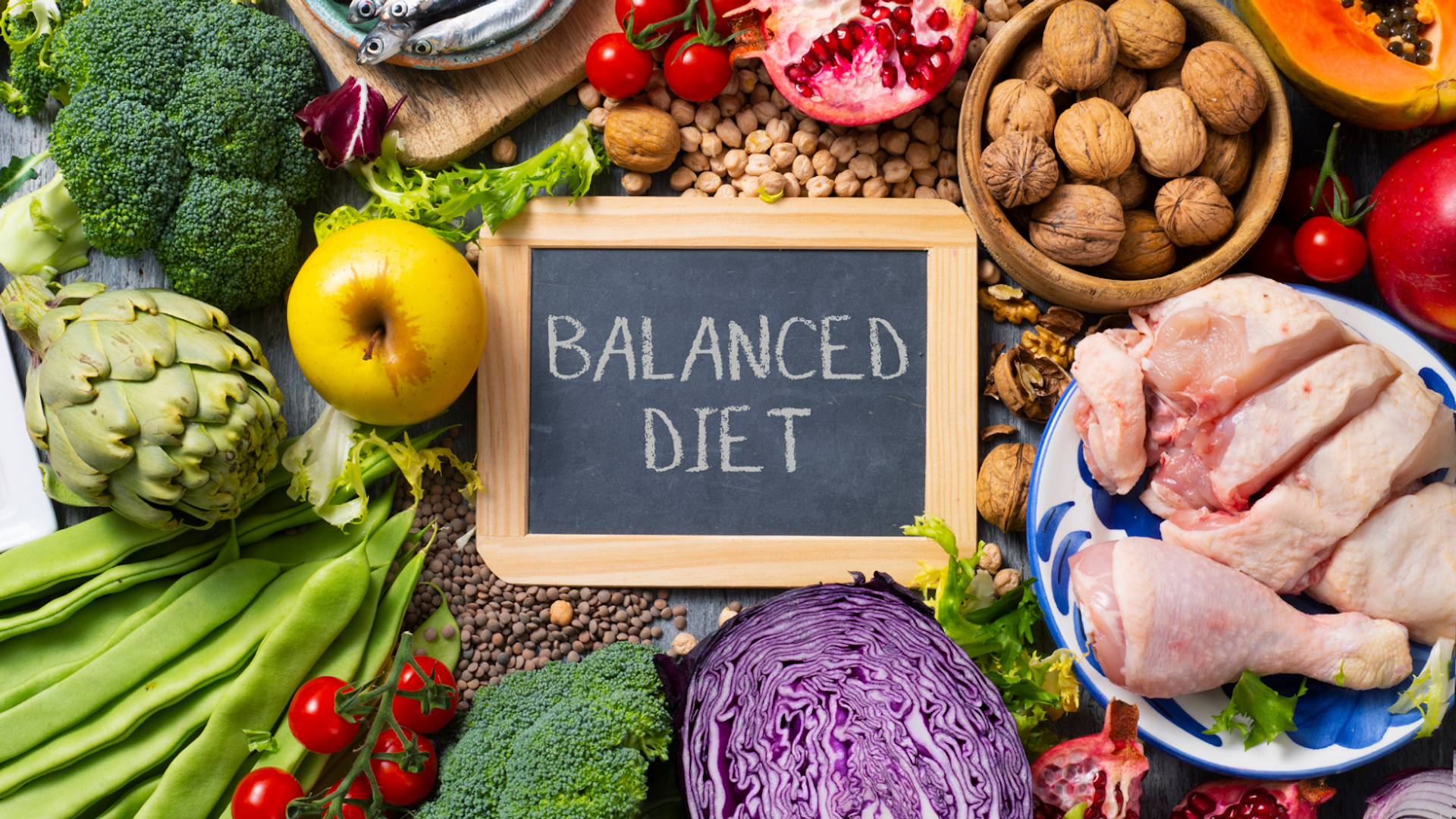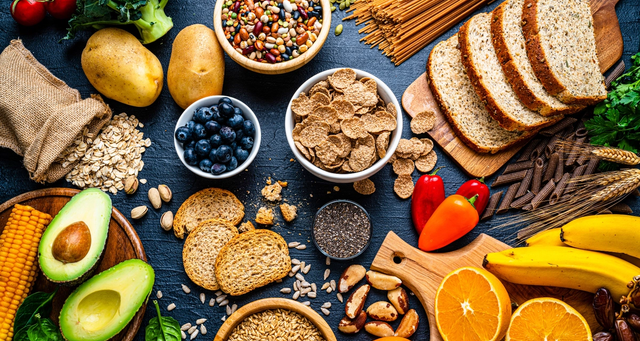Nutrition can feel like a minefield. With so many trends, diets, and health tips bombarding us daily, it’s easy to get lost in the noise. Many of these ideas are deeply ingrained in our culture but often lack scientific backing.
Today, we’re diving into some of the top nutrition myths that can cloud your judgment when it comes to healthy eating. From misconceptions about fats to the truth about gluten, we’ll set the record straight and help you make informed choices for optimal health.
Myth 1: Carbs Are Bad for You

Truth: Not all carbohydrates are created equal. While refined carbohydrates found in white bread and sugary snacks can lead to weight gain and are best minimized, whole grains like brown rice, quinoa, and whole wheat pasta offer numerous health benefits. They are rich in fiber, essential nutrients, and can even support weight loss efforts by keeping you fuller for longer.
Incorporating healthy carbohydrates into your diet can also enhance your energy levels, making it easier to maintain an active lifestyle. Fruits and vegetables, as well as legumes and nuts, are also excellent sources of healthy carbohydrates that can support your overall health.
Myth 2: Eating Fat Makes You Fat
Truth: The belief that all fats lead to weight gain is a huge misconception. Healthy fats—like those found in olive oil, avocados, nuts, and seeds—are crucial for your body. They help you absorb vitamins, support brain health, and can even assist in weight loss. Instead of fearing fats, focus on choosing healthy fats over saturated and trans fats commonly found in processed foods and high-fat dairy products.
Moderation is key. While consuming healthy fats can promote a healthy diet, eating them in excessive amounts can lead to more calories than you need. So, enjoy that drizzle of olive oil on your salad or a scoop of nut butter on your toast, but keep portion sizes in check.
Myth 3: Gluten-Free Is Always Healthier

Truth: The gluten-free diet has become incredibly popular, but it’s not necessarily healthier for everyone. Unless you have celiac disease or gluten sensitivity, avoiding gluten may not provide any additional health benefits. Many gluten-free products are often highly processed and can be low in essential nutrients.
Moreover, whole grains like whole wheat bread and pasta contain fiber and other beneficial nutrients that contribute to a healthy diet. If you don't need to avoid gluten, including whole grains in your meals can support digestive health and may even reduce the risk of chronic diseases like heart disease and diabetes.
Myth 4: All Processed Foods Are Bad
Truth: While it’s wise to minimize highly processed foods filled with added sugars, unhealthy fats, and preservatives, not all processed foods are created equal. Frozen or canned fruits and vegetables, for instance, can be just as nutritious as fresh produce. They are often picked at peak ripeness and can be a convenient way to increase your intake of fruits and vegetables, especially when fresh options are limited.
Additionally, minimally processed foods—like plain yogurt, frozen vegetables, and whole grain bread—can still be part of a healthy diet. The key is to read nutrition labels and choose products with minimal additives.
Myth 5: You Need to Skip Meals to Lose Weight

Truth: Skipping meals is a common strategy for losing weight, but it can backfire. When you skip meals, your body may enter starvation mode, leading to slower metabolism and increased cravings, which can result in overeating later. Instead, aim for frequent meals that include balanced portions of protein, healthy fats, and carbohydrates to keep your energy levels stable.
Eating smaller, nutrient-dense meals throughout the day can help manage hunger and reduce the risk of excessive weight gain. Include essential amino acids from lean meats, dairy foods, and plant foods to support muscle health and overall nutrition.
Myth 6: Dairy Is Unhealthy
Truth: Dairy products are often demonized, but they can be a healthy part of your diet. High-fat dairy products, like full-fat yogurt and cheese, can be rich in nutrients and may even support weight management. Studies have suggested that moderate dairy consumption can help with weight loss and provide essential nutrients like calcium, vitamin D, and protein.
For those who are lactose intolerant or choose not to consume animal products, there are many gluten-free and dairy-free alternatives, such as soy milk or almond milk. Just ensure these alternatives are fortified with nutrients to match the benefits of dairy.
Myth 7: Detox Diets Are Necessary for Cleansing Your Body

Truth: The idea that you need to detox your body is largely a myth. Thanks to your liver, kidneys, and digestive system, your body is already equipped with a highly effective detoxification system. Instead of turning to fad detox diets that can lead to nutrient deficiencies and unhealthy weight loss, focus on eating healthy and nutrient-dense foods that naturally support your body’s functions.
Incorporating a variety of fruits, vegetables, whole grains, and lean proteins into your meals will provide your body with the essential nutrients it needs to thrive. Hydration is also crucial—drink plenty of water to support your body’s natural detox processes.
Myth 8: Organic Food Is Always Healthier
Truth: Organic food often gets a reputation for being superior, but it’s important to recognize that “organic” doesn’t always mean healthier. While organic foods typically have fewer pesticides, they can still be high in added sugars, unhealthy fats, and refined carbohydrates.
A balanced diet can be achieved through both organic and conventional foods. Focus on eating a variety of fresh produce, regardless of whether it’s organic or not. When it comes to eating healthy, the key is making informed food choices that prioritize whole, minimally processed options.
Myth 9: You Should Avoid All Sugar

Truth: While it’s important to limit added sugars—especially those found in sodas, sweets, and highly processed foods—not all sugars are harmful. Natural sugars found in fruits and dairy are part of a healthy diet and provide essential nutrients.
Fruits and vegetables are rich in vitamins, minerals, and fiber, making them a great choice for satisfying sweet cravings while also providing health benefits. The key is moderation—enjoy your favorite desserts occasionally, but prioritize whole foods most of the time.
Myth 10: Saturated Fats Are Always Unhealthy
Truth: The conversation around saturated fats is nuanced. While excessive intake of saturated and trans fats can lead to heart disease and weight gain, not all saturated fats are created equal. For instance, when consumed in moderation, coconut oil and dark chocolate contain saturated fats that may have health benefits.
The focus should be on balancing your fat intake by incorporating a variety of healthy fats, including monounsaturated and polyunsaturated fats found in olive oil, avocados, and fatty fish. A diet rich in diverse fats can promote heart health and support overall well-being.
Myth 11: High Protein Diets Are Dangerous
Truth: High protein diets have gained popularity, especially for those looking to lose weight or build muscle. While consuming enough protein to support your body’s needs is important, an excessive protein intake can lead to negative health outcomes.
However, protein can help with weight loss and muscle maintenance when consumed as part of a balanced diet. To meet your protein needs, focus on incorporating complete proteins from animal products as well as plant-based sources like beans, lentils, and nuts.
Addressing Common Nutrition Trends

As we sift through the noise of nutrition myths, we must address some current trends. Many individuals are curious about approaches like intermittent fasting, the ketogenic diet (keto), and detox diets. While these methods often claim quick weight loss and improved health, it's crucial to approach them with caution.
Intermittent Fasting: This method involves cycling between periods of eating and fasting. Advocates suggest it can lead to weight loss and improved metabolic health. However, while some studies indicate potential benefits, it’s not a one-size-fits-all solution. For some people, skipping meals can lead to overeating later, causing a net gain in calories instead of the desired weight loss. Additionally, those with certain health conditions—like diabetes or digestive issues—should consult a healthcare professional before trying this trend.
Keto Diet: The keto diet emphasizes high-fat, low-carb eating, aiming to induce a state of ketosis where the body burns fat for fuel. While some people find initial success in losing weight, this diet can be difficult to maintain in the long term and may not provide the essential nutrients needed for optimal health. It's also crucial to consider the types of fats consumed; focusing on healthy fats like olive oil and avocados is beneficial, while saturated and trans fats can lead to increased health risks.
Detox Diets: These diets often promise to cleanse the body of toxins through strict eating regimens, sometimes consisting only of juices or raw foods. However, the human body is already equipped with organs like the liver and kidneys to handle detoxification. Moreover, many detox diets are low in essential nutrients, which can result in nutrient deficiencies and negatively impact your health over time.
Overall, while some trends may have valid aspects, they often oversimplify the complex nature of nutrition. Instead of following the latest fad, aim for a balanced approach to eating that includes a variety of whole foods including plenty of fresh fruits and veggies, nutrient-dense options, and adequate hydration.
Practical Tips and Strategies

Now that we've debunked some common nutrition myths, let’s discuss practical tips and strategies to help you make informed food choices in your daily life. Here are some actionable suggestions to guide you toward a healthier lifestyle:
1. Meal Prep for Success
Preparing meals in advance can help you avoid processed foods and make healthier choices throughout the week. Spend a few hours each weekend cooking and portioning out meals. Focus on nutrient-dense foods such as lean proteins, whole grains, and fresh produce. Consider making large batches of quinoa, brown rice, whole wheat pasta, roasted vegetables, and lean meats to create balanced meals that can be easily reheated.
2. Smart Grocery Shopping
Create a shopping list before heading to the grocery store. Stick to the perimeter of the store where fresh fruits, vegetables, dairy products, and lean meats are typically located. Aim to fill your cart with whole foods rather than highly processed items. When buying canned or frozen fruits and vegetables, opt for those without added sugars or preservatives for the best nutritional value.
3. Emphasize Healthy Fats
When incorporating fats into your diet, focus on healthy options such as nuts, seeds, avocados, and olive oil. These fats can help keep you satiated and provide essential nutrients. While it's important to be mindful of portion sizes—especially since fats are calorie-dense—healthy fats can support heart health and overall wellness.
4. Understand Nutrition Labels
Take the time to read nutrition labels when purchasing packaged foods. Look for items with fewer added sugars, lower saturated and trans fats, and higher amounts of dietary fiber. Familiarizing yourself with nutrition labels can help you make informed decisions and avoid highly processed foods that can contribute to weight gain and health issues.
5. Prioritize Regular Meals
Instead of skipping meals to lose weight, aim to eat smaller, frequent meals throughout the day. This strategy can help maintain stable energy levels and prevent overeating later. Include a balance of protein, healthy fats, and complex carbohydrates in each meal to ensure you're getting enough essential nutrients.
Final Thoughts from Svetness
Navigating nutrition can be overwhelming, especially with so many myths and misconceptions circulating. The key to eating healthier is to focus on balanced, nutrient-dense foods that support your individual health goals.
By debunking these common nutrition myths, we hope to empower you to make informed food choices that will lead to optimal health. Remember, it’s not about perfection but about finding a healthy balance that works for you.
At Svetness, our goal is to support you on your health journey, offering guidance on nutrition and fitness tailored to your needs. If you’re ready to take the next step in your wellness journey, Schedule Your Free Assessment with us today and let’s get started on your path to better health!
FAQs
Is a gluten-free diet healthier for everyone?
A gluten-free diet is essential for individuals with celiac disease or gluten sensitivity. However, for those without these conditions, eliminating gluten and eating gluten free foods may not provide significant health benefits. Whole grains and fiber-rich foods that contain gluten can be part of a healthy diet.
How can I reduce added sugars in my diet?
To reduce added sugars, focus on whole, unprocessed foods. Choose fresh fruits instead of sugary snacks, and read labels to identify products with added sugars. Gradually decrease the amount of sugar in your beverages and recipes to adjust your palate.
Do I need to avoid all processed foods?
While it's wise to limit highly processed foods that are high in added sugars and unhealthy fats so as not to gain weight, not all processed foods are bad. Many frozen or canned fruits and vegetables can be nutritious options. Look for minimally processed items that retain their nutritional value.
How can I ensure I’m getting enough protein on a plant-based diet?
Plant foods such as beans, lentils, tofu, quinoa, and nuts are excellent sources of protein. Combining different plant-based protein sources throughout the day can help ensure you're getting all the essential amino acids your body needs.
Are low-fat diets the best option for losing weight?
While low-fat diets can help some people consume fewer calories, they often rely on processed fat-free products that are high in added sugars. Not all fats are bad. Fad diets that eliminate fats can lead to nutrient deficiencies and aren’t sustainable long-term.
Start your Svetness journey today
Get a free consultation and see how our trainers can transform your wellness journey.






